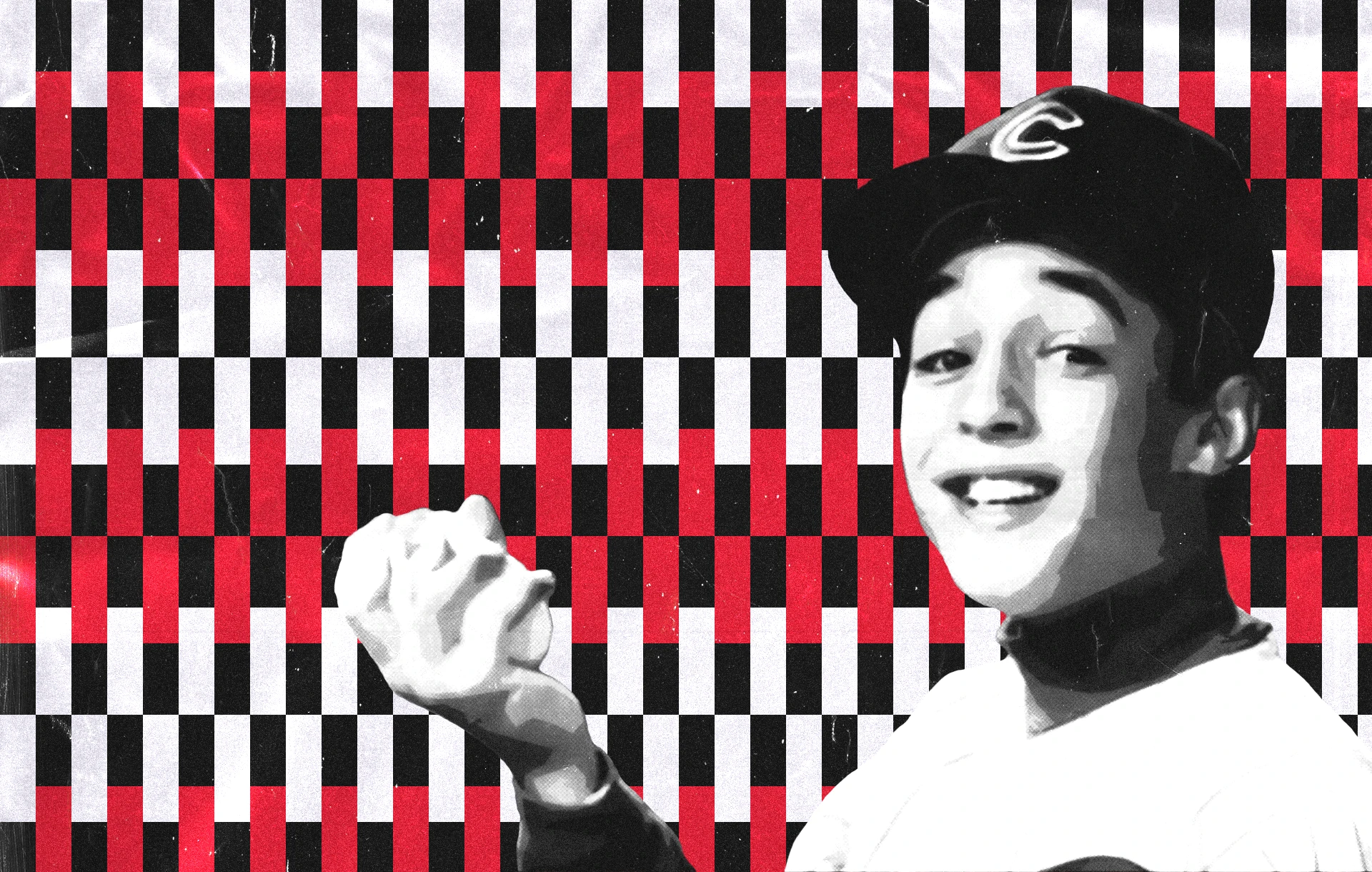The end of the 1980s and the start of the 1990s saw a glut of all-time classic baseball movies, with Eight Men Out, Bull Durham, Major League, Field of Dreams, and A League of Their Own all taking different but worthwhile cinematic looks at the national pastime.
A couple of years later, baseball cinema turned to a completely different question: What if a kid got to play a part in Major League Baseball?
In 1994, there was Little Big League, in which a 12-year-old boy gets to own, and later manage, the Minnesota Twins. The year before that, there was Rookie of the Year, in which a kid, through a freak accident, gets to pitch for his favorite team, the Chicago Cubs.
The film, which debuted in July of 1993 — 30 years ago this week – isn’t quite an all-time baseball classic, but it’s an entertaining effort that gets points for depicting a frequent childhood fantasy, of going from not particularly good to a superstar, virtually overnight.
Thomas Ian Nicholas, who would go on to play one of the sidemen in the American Pie movies, plays Henry Rowengartner, an undersized and not particularly talented Little League player. After Henry breaks his arm, it heals in a strange way — effectively having the same function as the spider who bites Peter Parker — which allows him to throw a ball with uncommon speed. This leads him all the way to a Major League contract, with his beloved Cubs.
I always assumed Rookie of the Year — which was directed by actor Daniel Stern — was based, at least loosely, on the story of Mordecai “Three Finger” Brown, the pitcher from early in the 20th century who lost two fingers in a youthful farming accident and used his unusual grip to become a dominant pitcher, also for the Chicago Cubs. But that’s never been stated outright, as far as I know by anyone associated with the movie.
Henry’s new powers are introduced as part of professional sports’ absolute worst tradition, in which fans sitting in the outfield are pressured to throw back home run balls hit by the other team.
Like Little Big League, Rookie of the Year makes a lot of hay out of the culture clash between a kid who’s part of a baseball team and the adults around him. And like Little Big League, the movie ends with the kid, despite this once-in-a-lifetime experience, going back to being a kid.
Henry’s hero is “Rocket” Steadman (Gary Busey, who was 49 years old at the time), a legendary but struggling veteran pitcher, where Stern, the director, plays the weirdo pitching coach.
Henry becomes the team’s closer and even has to get creative when his powers suddenly go away.
In the film, just as in real life, the Cubs have experienced decades of near-constant losing. The owner is the eccentric “Mr. Carson” (Eddie Bracken), and the team stands to be inherited by their evil general manager (Dan Hedaya).
However, the current management risks “forfeiting the team” unless they meet certain attendance goals. That’s not exactly how it works in real life and besides, the 1990s were part of the Cubs’ long, fruitless stewardship by the Tribune Company. And instead of Harry Caray, the Cubs’ announcer is a fictional character played by John Candy. Candy died the following year and Rookie of the Year was one of his final roles.
Legacy
Sure, realism isn’t the film’s strong suit. Henry would presumably be subject to the draft process and wouldn’t be allowed to sign directly with the Cubs, and he would probably be assigned to a minor league team before being added to the major league roster. After all, not even Michael Jordan, during his brief sojourn playing baseball, got to go straight to the White Sox.
An old friend of mine, musician Shwa Losben, once wrote a song citing the plot of Rookie of the Year:
One thing in the film that proved not so implausible? In 2016, 23 years after the movie, the Cubs really did win the World Series, ending their 108-year drought. That day, Thomas Ian Nicholas tweeted the final shot of the movie:





